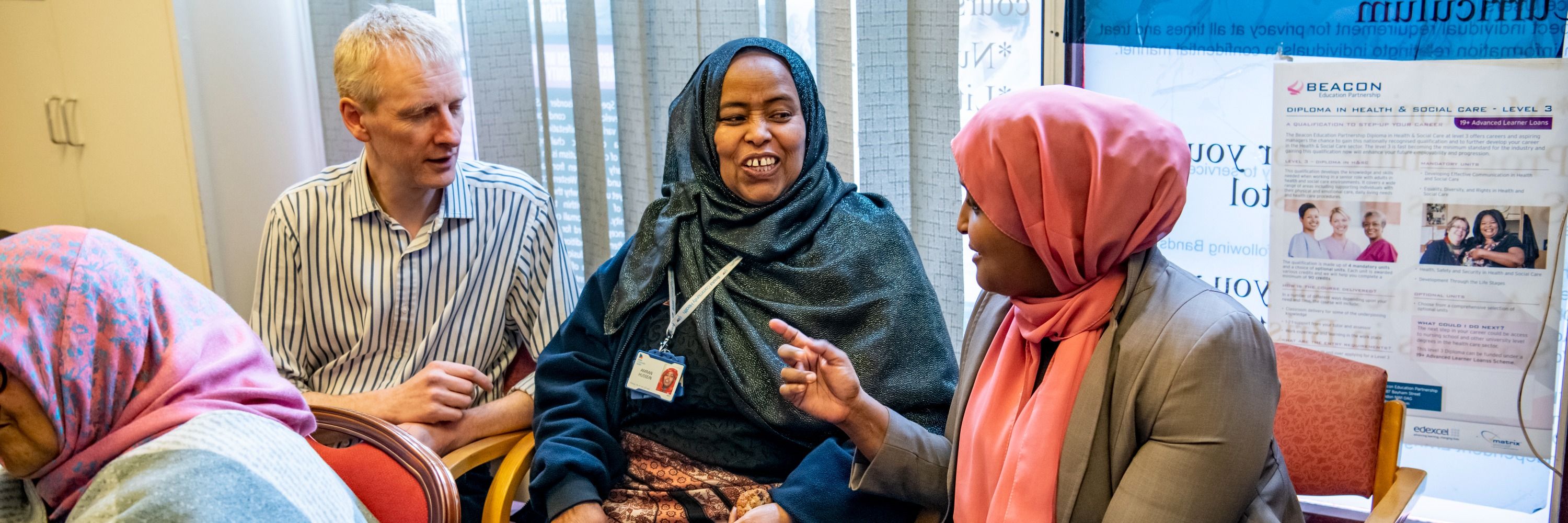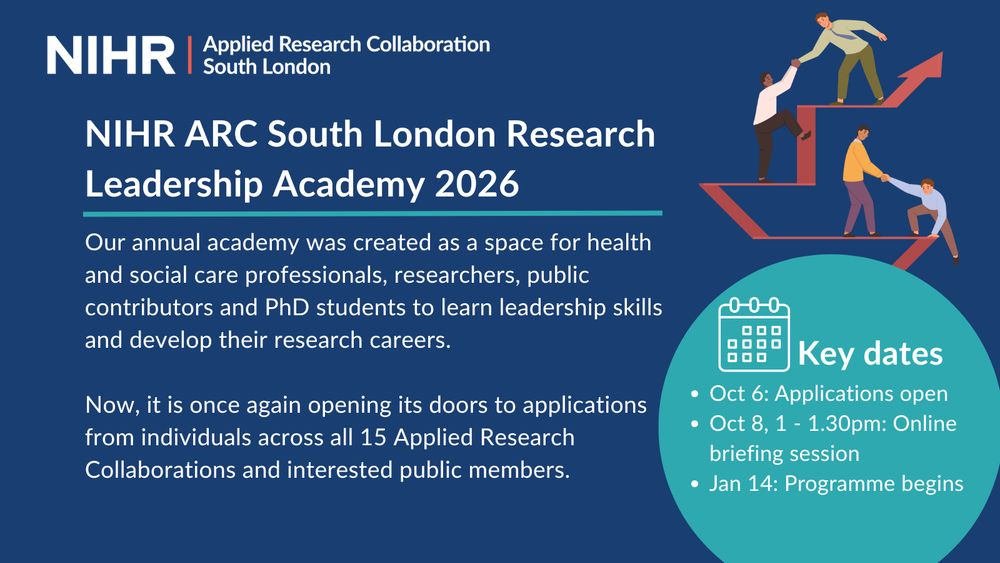NIHR Applied Research Collaboration (ARC) West
@arc-west.bsky.social
2.5K followers
2.2K following
200 posts
The NIHR Applied Research Collaboration (ARC) West is one of 15 @nihrarcs.bsky.social funded by the National Institute for Health and Care Research (@nihr.bsky.social). We work with our partners in the West of England on applied health and care research
Posts
Media
Videos
Starter Packs
Reposted by NIHR Applied Research Collaboration (ARC) West
Reposted by NIHR Applied Research Collaboration (ARC) West
Reposted by NIHR Applied Research Collaboration (ARC) West
Reposted by NIHR Applied Research Collaboration (ARC) West
Reposted by NIHR Applied Research Collaboration (ARC) West
Reposted by NIHR Applied Research Collaboration (ARC) West
Reposted by NIHR Applied Research Collaboration (ARC) West
Reposted by NIHR Applied Research Collaboration (ARC) West
Reposted by NIHR Applied Research Collaboration (ARC) West
Reposted by NIHR Applied Research Collaboration (ARC) West
Reposted by NIHR Applied Research Collaboration (ARC) West























